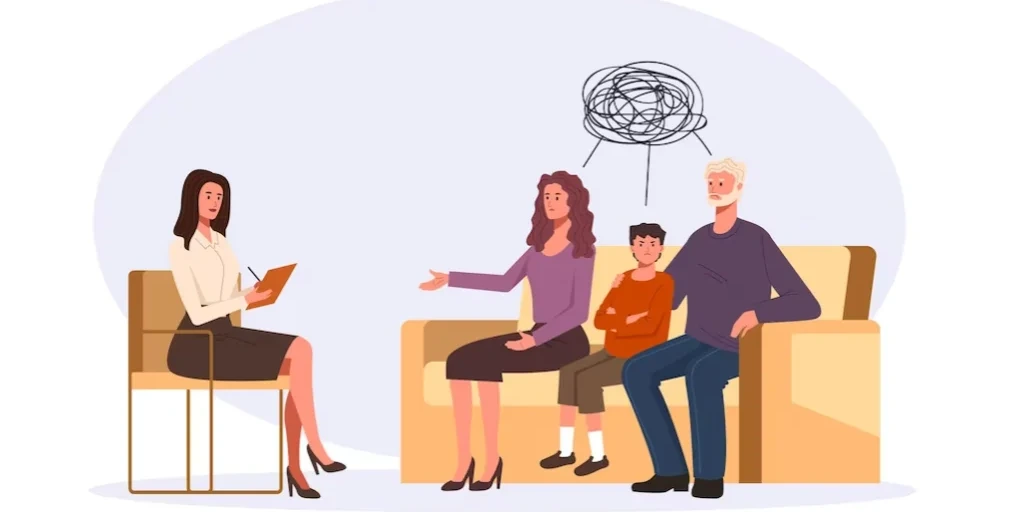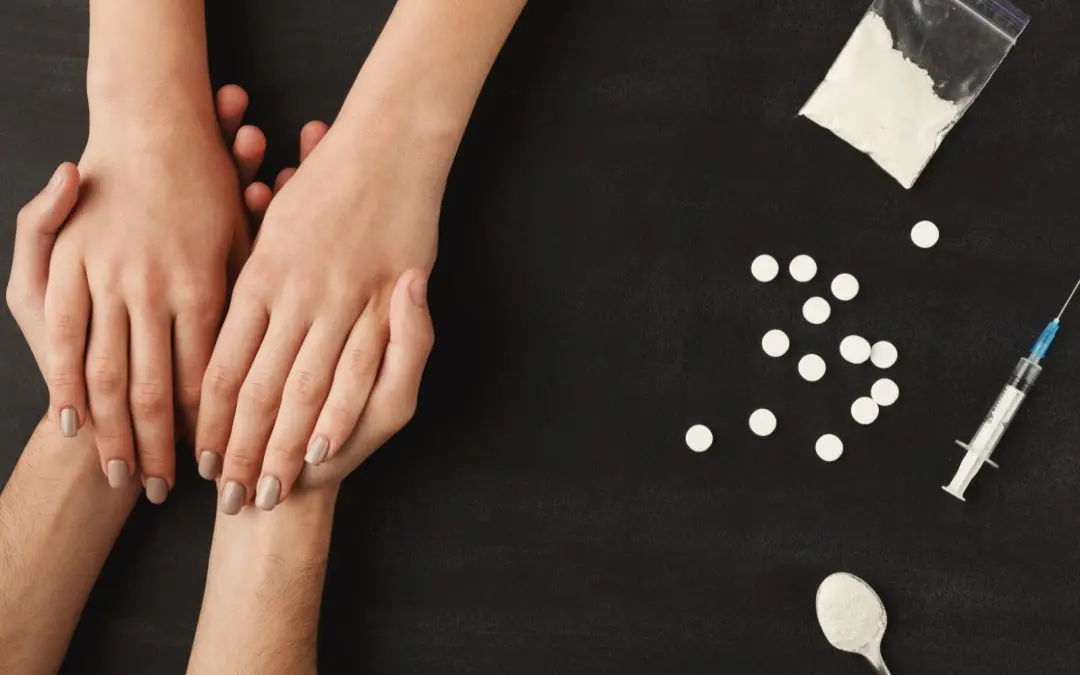24/7 Helpline:
(866) 899-221924/7 Helpline:
(866) 899-2219
Learn more about Residential Rehab centers in Union

Other Insurance Options

Group Health Incorporated

AllWell

Cigna

Sliding scale payment assistance

Optum

Self-pay options

UnitedHealth Group

Excellus

Covered California

Magellan

Sutter

Holman Group

Coventry Health Care

Molina Healthcare
Beacon

Horizon Healthcare Service

Health Choice

CareSource

Aetna

Medical Mutual of Ohio

Woodlands Behavioral Healthcare Network
Woodlands Behavioral Healthcare Network works with individuals, families, and the community to inspi...


























































































